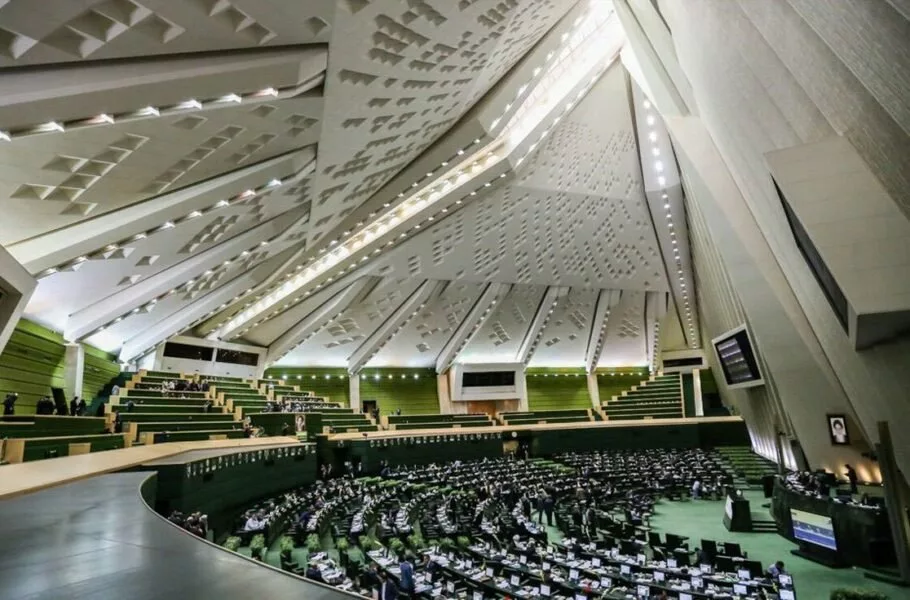
Iranian Parliament Approves General Outline of National AI Initiative
Parliamentary Speaker Mohammad Bagher Ghalibaf declared the bill to be a "two-stage review".
In a public session today, Iranian Parliament voted to prioritize discussion of the National Artificial Intelligence Initiative, following a proposal by the Parliament’s Committee on Industries and Mines. The motion received majority support and was formally added to the legislative agenda.
During the session, the general framework of the initiative was approved. Parliamentary Speaker Mohammad Bagher Ghalibaf declared the bill to be a "two-stage review" (known as two-shori), meaning it will be sent back to the Industries and Mines Committee for a more detailed examination before returning for final debate.
Ghalibaf explained that the government was expected to submit a formal AI bill within the past six months, but had so far failed to do so. “Given the significance of this issue and the need for thorough scrutiny,” he said, “we will pursue this as a two-stage bill to allow ample opportunity for reviewing expert and governmental input.”
Tehran MP Morteza Mahmoudi, speaking in support of the initiative, highlighted the pace of global investment in AI: “Some Gulf countries have already invested up to 500 trillion rials (around $10 billion) in artificial intelligence. If we don’t enter this race, we’ll be left behind.” He also pointed to Iran’s human capital in the sector, stating that the country ranks second in the region in terms of qualified AI experts. “We must harness this potential,” he said.
Javad Nikbin, MP for Kashmar, criticized the government’s delay: “It was their responsibility to submit a bill, but they fell short. Now Parliament is stepping in to fill the gap.” He added that “Iranian scientists have called for legislation like this, and Parliament must be their voice.”
Echoing that sentiment, Javad Hosseini Kia, deputy head of the Industries and Mines Committee, emphasized the economic value of artificial intelligence. “This technology can play a critical role in strengthening the country’s financial system,” he noted. He also reminded the session that under the Seventh Development Plan, the government was obligated to prepare a draft bill within six months — a deadline that has come and gone. “Given the delay, Parliament has taken the lead and prepared this draft itself,” he said.










